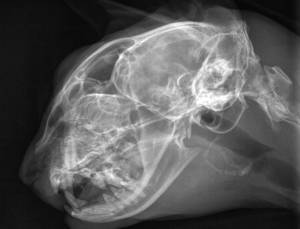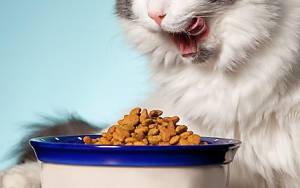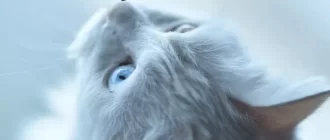The sight of a drooling cat can be adorable and downright hilarious, and, sometimes, cause a level of concern for the cat’s human companions. Is cat drool harmful to humans?
Why Do Cats Drool?
Cats, like their human friends, can drool for various reasons – it could be a sign of relaxation, a dental issue or a reaction to certain medications. While a cat purring on your lap might drool simply out of contentment, extreme drooling, or hypersalivation, often raises questions about both the cat’s health and the risk to humans.
Is Cat Drool Harmful to Humans?
The truth is, in most cases, cat drool is not harmful to humans. However, there are certain situations where it could potentially pose a risk.

When can Cat Drool be Harmful to Humans?
The primary concern arises when the cat is suffering from a disease that could be transmitted through saliva – like Rabies. Rabies is a virus that travels to the brain and can be fatal to both animals and humans.
Out here, a word of caution is necessary – one should avoid any contact with the saliva of a cat displaying signs of illness, including excessive drooling, until a vet confirms it’s safe.
Human Allergies to Cat’s Saliva
Some people might be allergic to a protein (Fel d 1) found in cat saliva. When a cat drools on these individuals, it can lead to reactions ranging from mild irritation to severe allergic responses.
Should this occur, it’s always prudent to clean the area immediately with soap and water and consult a healthcare professional if symptoms persist.
How to Handle a Drooling Cat?
The best way to react to a drooling cat is to monitor its behavior carefully. If it’s a case of your furry friend showing affection, there’s no need to worry.
| Behaviors to Monitor | Recommended Actions |
|---|---|
| Excessive drooling | Seek immediate veterinary opinion |
| Strange behavior or signs of illness | Contact your vet as soon as possible |
| Drooling and you’re allergic to cats | Clean the area immediately, and consult a healthcare professional if required |
Protection Measures and Preventive Actions
Prevention comes foremost. Ensure that domestic cats are vaccinated regularly, especially against rabies, and maintained with proper dental hygiene.
The drool from cats is not generally harmful to humans. But if there are associated signs of illness in your pet, or if you know you are allergic to cats, exercise caution. Love and cuddle your feline friends but remember, it’s always better safe than sorry.





